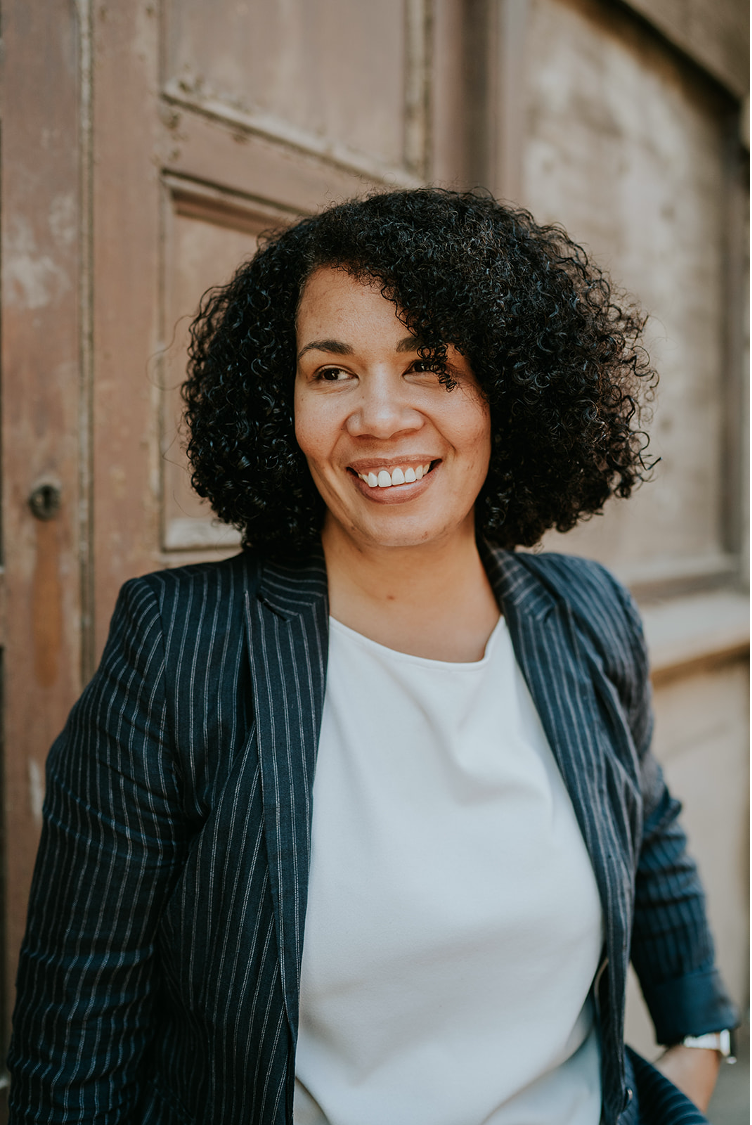Shonagh Reid is an equity, diversity and inclusion consultant supporting
organisations to create a truly inclusive working environment.
Recently in the UK, there has been a discussion on twitter about whether or not students should be allowed to leave the classroom once a lesson has started. Some assert that letting a child out of a classroom implies that the education in the classroom is not valued highly enough. To paraphrase, ‘students need to know that the lesson is vital, therefore they have to remain in it’. The conversation then moved on to behaviour of students, specifically the idea that students leaving classrooms may engage in graffiti, vaping and smoking in the toilets. Onward, to the lack of support from school leaders who promote poor behaviour by not dealing with it strongly enough.
As someone who has been an Assistant Principal for Behaviour and Attitudes, I fully understand the importance of boundaries and structure for young people to learn in. Indeed, for some children school can be their safe space. Order and calm is essential for them. We know from a range of different sources such as Teacher Tapp and articles in the TES, that poor behaviour is often cited as the reason for poor retention of staff.
I can simultaneously hold the belief that order, structure and calm are necessary for good learning to take place, and that young people can generally be trusted to take ownership of that learning and their own bodies.
Young people are well aware that their education is vital. I think they know this too well and feel pressured. When I was at school, the world was a significantly different place. Education was different. Industries and jobs were very different. Societal pressures were very different and social media didn’t exist. Technology is moving apace, and the jobs of the future don’t exist yet. So why are we so confident that our current ways of teaching and learning are suitable for today’s learners.
Our education system is largely unchanged since the Victorian era. The world, however is completely different. This view that learning has to take place in a classroom, with everyone facing forward, in the quiet is not in tune with our modern lives or modern ways of work. I work with organisations who are purposefully giving staff more agency and trust. They support staff to take breaks when they need to and trust them to get the work done to a high standard. They support flexible working. They are working to challenge discrimination. They listen to staff to create a comfortable working environment because they know that this is key to retention and productivity. Education doesn’t seem to be anywhere near this, and more importantly, it isn’t preparing young people for this way of working.
What about staff? Post covid the world is changing and teachers continue to vote with their feet choosing different career paths which are more in tune with modern life and reasonable expectations of a person’s stress and work levels. What are we really doing to make education an attractive work environment (note I didn’t say career)? Teachers expect more.
As the exchange on Twitter implies, we are not tolerant. We can’t understand that a young person may need to take breaks from pressure. We don’t seem ready to understand that trauma exists, that this might be a factor in a child’s response to what is happening to them and the stressful environment they are in. There continues to be a failure to recognise protected characteristics and the specific challenges these bring to all stakeholders.
What if we were able to create a flexible education system which prepares young people for modern ways of working? What if we replicated those ways of working to meet the needs of teachers? Are we making our young people culturally aware so that they can excel in international collaboration that hybrid working has encouraged?
If we look at the etymology of the word, ‘educate’, we might want to reflect on: to what extent we are leading our young people and showing them the way? How are we revealing the outside world to them? How are we nurturing and supporting them? Are we looking after their minds? Do we promote intellectual and cultural development?

Shonagh Reid is an equity, diversity and inclusion consultant supporting
organisations to create a truly inclusive working environment.
This article first appeared in Engage 27.



All Rights Reserved | The Steve Sinnott Foundation